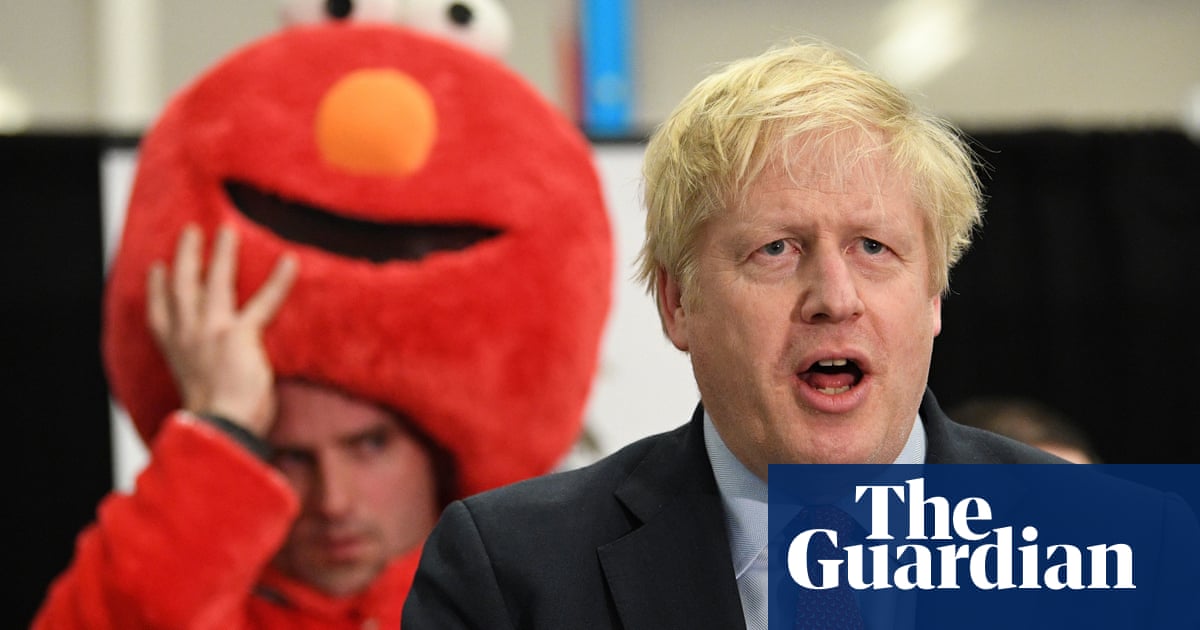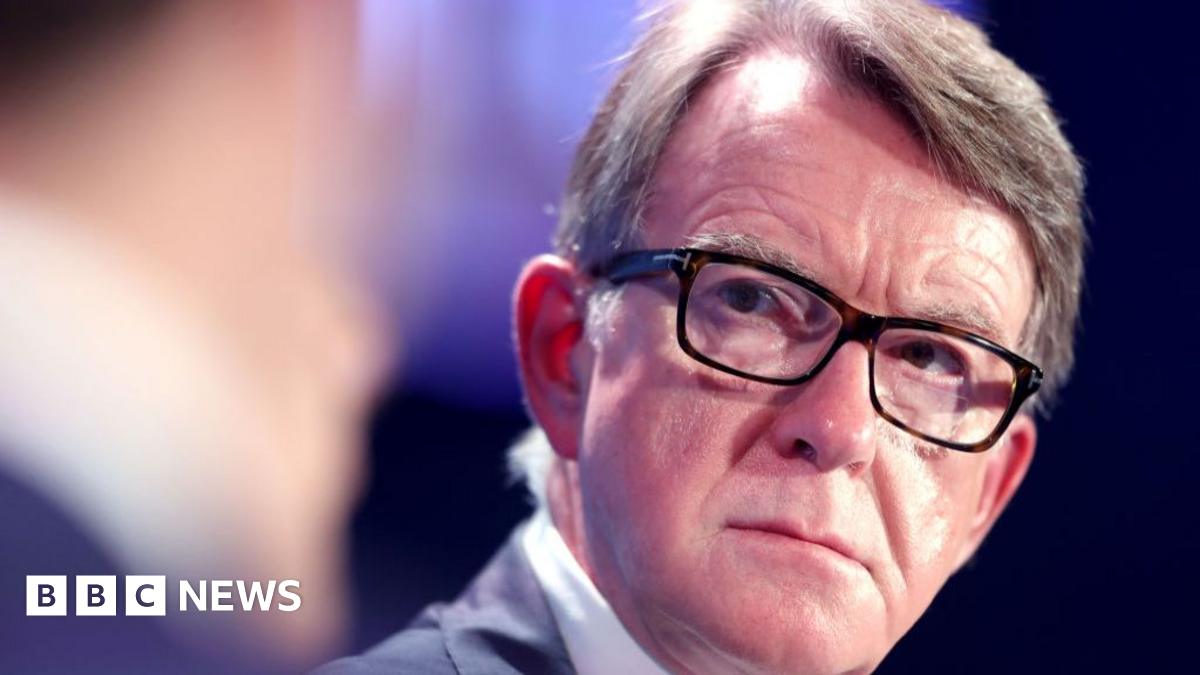World
Trust in British politics hits record low, latest BSA survey finds

Public trust and confidence in government and politicians is at a record low, fuelled by anger over Partygate lies, perceived broken promises over Brexit and crumbling public services, according to the latest British Social Attitudes survey.
Plummeting faith in the effectiveness and integrity of MPs and the wider UK political system reflects what the BSA calls “significant changes in the public mood” as a result of political and economic turmoil since the last general election in 2019.
“All in all, it appears that people’s trust in governments and politicians, and confidence in their systems of government, is as low now as it has ever been over the last 50 years, if not lower,” the survey said.
Dissatisfaction with the way the UK is governed is now at 79% – as high as it was during the Brexit parliamentary deadlock of 2019 – and higher than in the wake of scandals over MPs’ expenses in 2010 and MPs’ sleaze in 1995, the survey found.
Although trust levels improved after the Conservative electoral landslide five years ago on the back of a promise to “get Brexit done”, they have collapsed since 2021 amid a cost of living crisis, long NHS waiting lists, dashed Brexit expectations and government upheaval, including two prime ministerial resignations.
The popularity of Brexit itself has significantly waned, the survey found, with 71% believing the economy was worse off as a result of leaving the EU, up from 51% in 2019. Just 24% of respondents said they thought Britain should be outside the EU, down from 36% in 2019.
Though Leave voters expressed relatively high trust levels in government in 2020 in the wake of the Brexit withdrawal agreement, that confidence has been eroded amid disappointment that quitting the EU has failed to produce promised economic benefits, increased sovereignty and lower immigration.
Nearly half (48%) of Leave voters now say they “almost never” trust government to put the needs of the country above their party, up 23 points since 2020. Levels of distrust among Remain voters have also risen, at 42%, up 16 points since 2020.
The behaviour of politicians has also been a factor, with revelations the former prime minister Boris Johnson and his Downing street colleagues had contravened Covid rules during the pandemic likely to have had a “corrosive effect” on public trust, the survey said.
It adds: “Indeed, the prime minister at the time, Boris Johnson, was eventually determined by his fellow MPs to have misled the House of Commons about the lockdown ‘gatherings’ that took place in Downing Street. Telling untruths does not promote trust.”
Asked whether they trust politicians to “tell the truth in a tight corner”, 58% of respondents said almost never, up 19 points from 2020, and the second highest score on this measure after 2009, in the wake of the financial crash.
after newsletter promotion
Although there are fears – fuelled by recent election results in Europe – that rising disillusionment could fuel populism, the BSA said it had no previous survey data to indicate whether a populist outlook had become more common than previously.
However, it added the decline in trust and confidence in the UK’s governance was “unlikely to have done anything to diminish the popularity of an outlook that some regard as a potential threat to the health of a country’s liberal democracy”.
Prof Sir John Curtice, senior research fellow at the National Centre for Social Research (Natcen), said: “The next government will not simply face the challenge of reviving Britain’s stuttering economy and its struggling public services. It will also need to address the concerns of a public that is as doubtful as it has ever been about the trustworthiness and efficacy of the country’s system of government.”
He added: “Addressing some of the policy challenges will help in that endeavour. However, it is likely to require much more than that – in particular, a style and manner of governing that persuades people that the government has their interests at heart after all.”
The BSA survey, published by Natcen, has been conducted annually since 1983, providing a running representative measure of UK public opinion on social and political issues. The latest survey, consisting of interviews with 5,578 adults, was carried out in September and October 2023.










